 Bruce Kirby died recently at the age of 92. He was a Canadian-born, self-taught yacht designer known for a range of projects from one-designs to America’s Cup yachts. He also was a three-time Olympian sailor. Kirby began his career as a journalist, becoming Editor of One-Design and Offshore Yachtsman, now Sailing World.
Bruce Kirby died recently at the age of 92. He was a Canadian-born, self-taught yacht designer known for a range of projects from one-designs to America’s Cup yachts. He also was a three-time Olympian sailor. Kirby began his career as a journalist, becoming Editor of One-Design and Offshore Yachtsman, now Sailing World.
Bruce Kirby may be best remembered for his design of the Laser in 1970, which began as a sketch, described as a “doodle,” made while talking on the phone. More than 250,000 of the boats have been built worldwide since 1970, making Kirby’s creation one of the most influential sailboat designs of all time. The Laser, now called the ILCA, for the International Laser Class Association, is used for men’s and women’s single-handed events in the Olympics.
Sail-world comments that the Laser proved to be one of only three iconic designs in sailing history, which had a dramatic impact on the sport, the other two being the Windsurfer and Hobie Cat.
The New York Times notes that Mr. Kirby came to call his original legal pad drawing the “million dollar doodle.” The royalties he received allowed him to leave his day job, launching him into an eclectic boat-design career that touched every corner of the sport, from the America’s Cup to junior sailing to cruising craft for shallow estuaries, and established him as one of the world’s pre-eminent boat designers.
Kirby died at his home in the village of Rowayton in Norwalk, Conn. His wife, Margo Kirby, confirmed his death.
Thanks to Larry Witmer for contributing to this post.
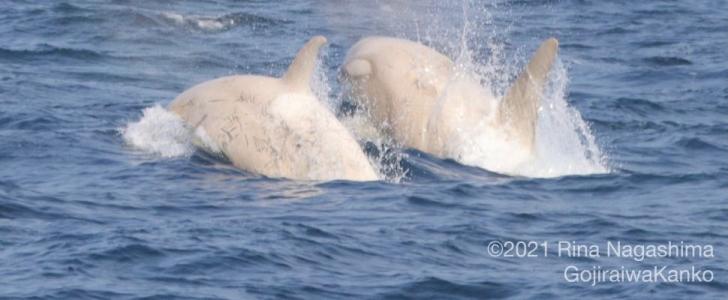 The Live Science blog reports that whale watchers in Japan were recently treated to a rare wildlife encounter when they saw, not one, but two white orcas swimming side by side.
The Live Science blog reports that whale watchers in Japan were recently treated to a rare wildlife encounter when they saw, not one, but two white orcas swimming side by side.
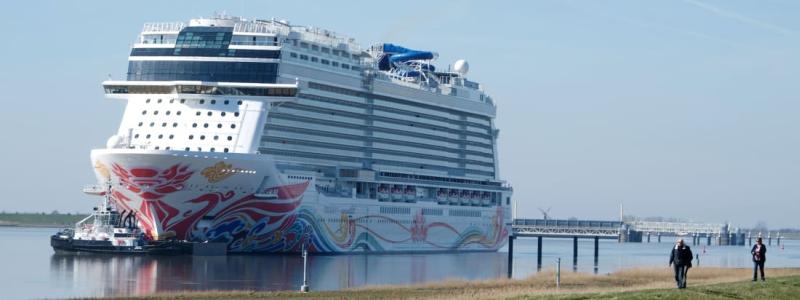 Last May,
Last May, 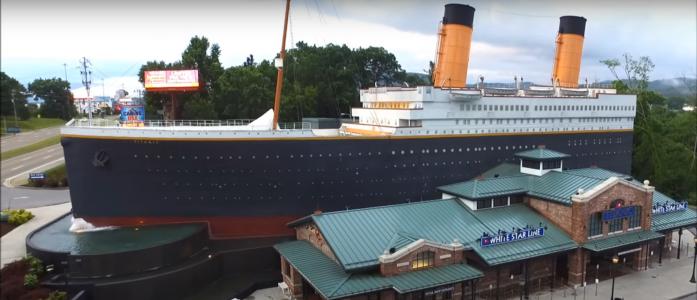 Last week, a wall of ice, representing an iceberg, collapsed at the
Last week, a wall of ice, representing an iceberg, collapsed at the 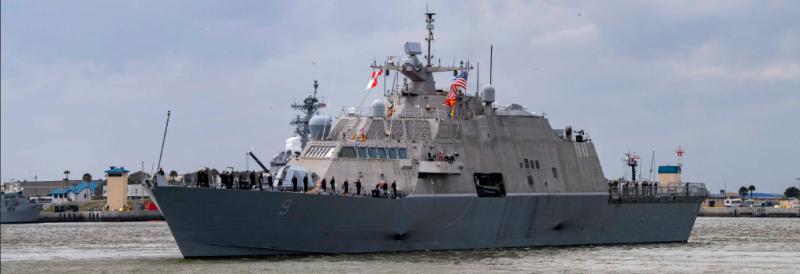
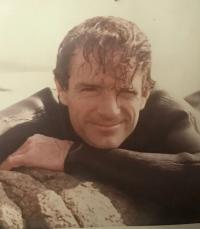
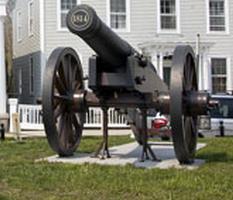 We had a lovely stay in the old seaport village of Stonington, CT on our recent cruise. In honor of our visit, here is a repost from a few years ago about the
We had a lovely stay in the old seaport village of Stonington, CT on our recent cruise. In honor of our visit, here is a repost from a few years ago about the 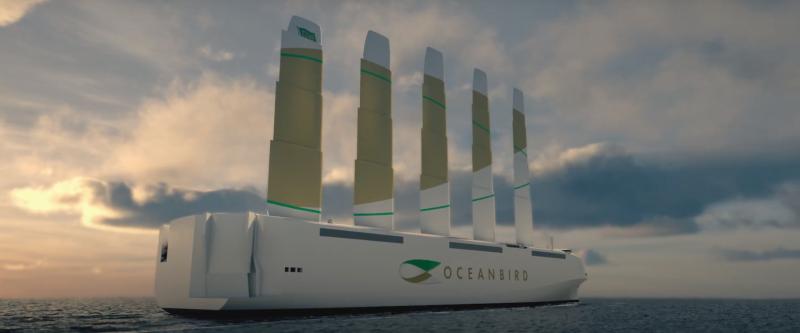 In September, we posted about a Swedish consortium that included
In September, we posted about a Swedish consortium that included  On Friday, the schooner
On Friday, the schooner  We recently sailed to
We recently sailed to 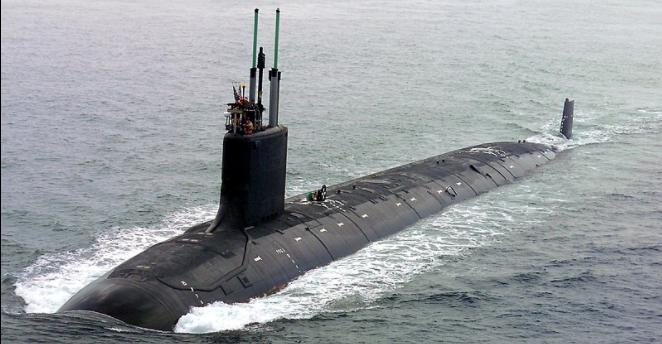
 Last August we posted “
Last August we posted “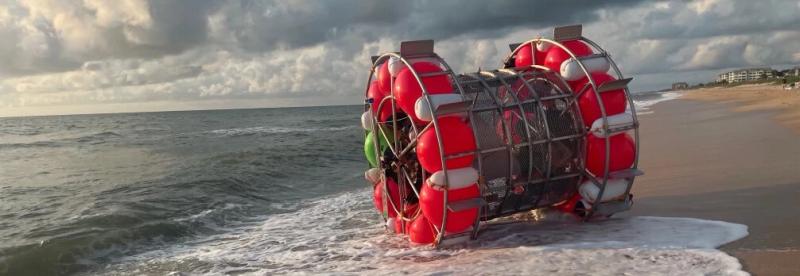 For almost a decade,
For almost a decade, 
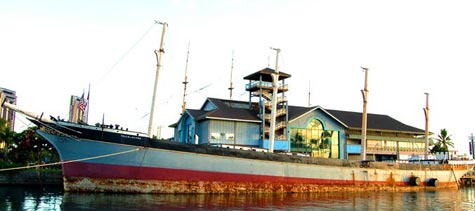 The Hawaii Department of Transportation’s Harbors Division put out a second request for proposals (RFP) for the
The Hawaii Department of Transportation’s Harbors Division put out a second request for proposals (RFP) for the 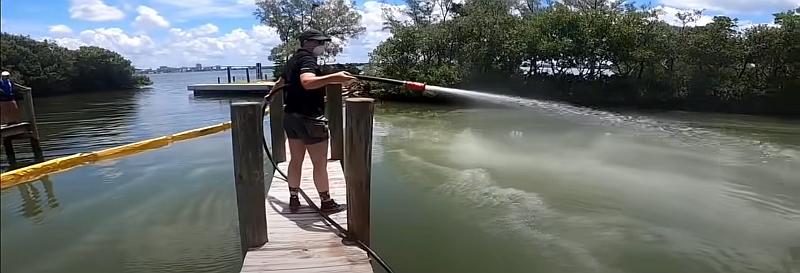
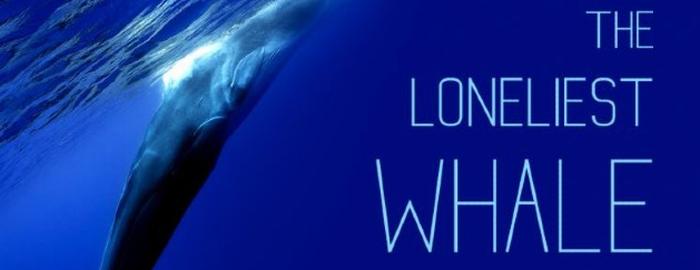
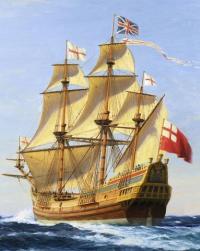 The
The